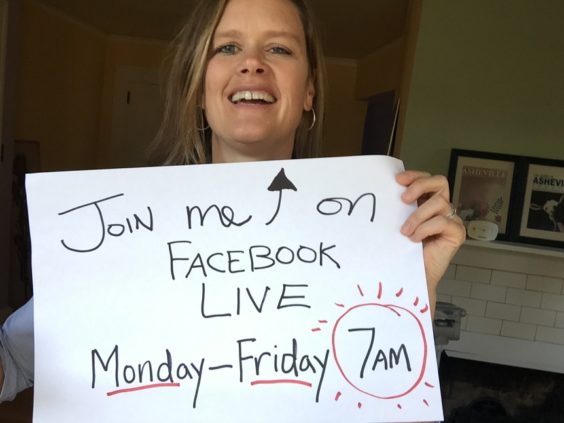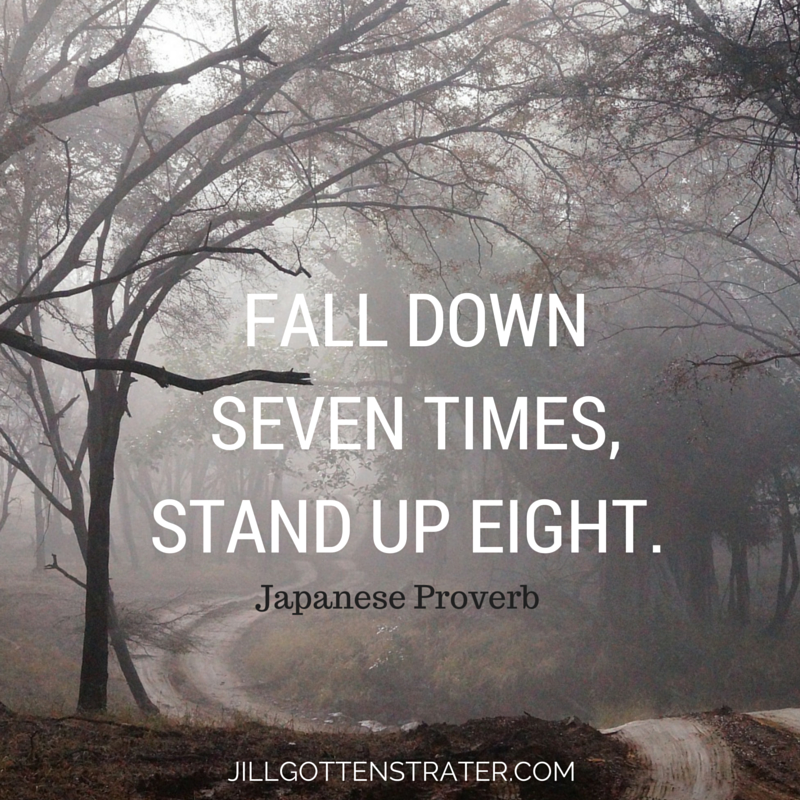Your Daily Dose of Intentional Living
Hi, friend. I’m so glad you’re here!
Watch my video message as I share a bit on my recent blog break and some fun news for the month of November!
Click here to head over to my Facebook business page.
Facebook LIVE “Your Daily Dose of Intentional Living” starts on Tuesday November 1, 2016.
Monday – Friday at 7 a.m. ET.
I’ll still be posting here on Saturdays with the week’s wrap-up, but be sure to watch the videos each day to make the most of your efforts in living an intentional life. (NOTE: Not available at 7 a.m. ET? You can watch the video at any time after the LIVE broadcast, too.)
Click here to download your free Intention Journal page and follow along each day recording your own thoughts and intentions for the day.
See you on Tuesday!



